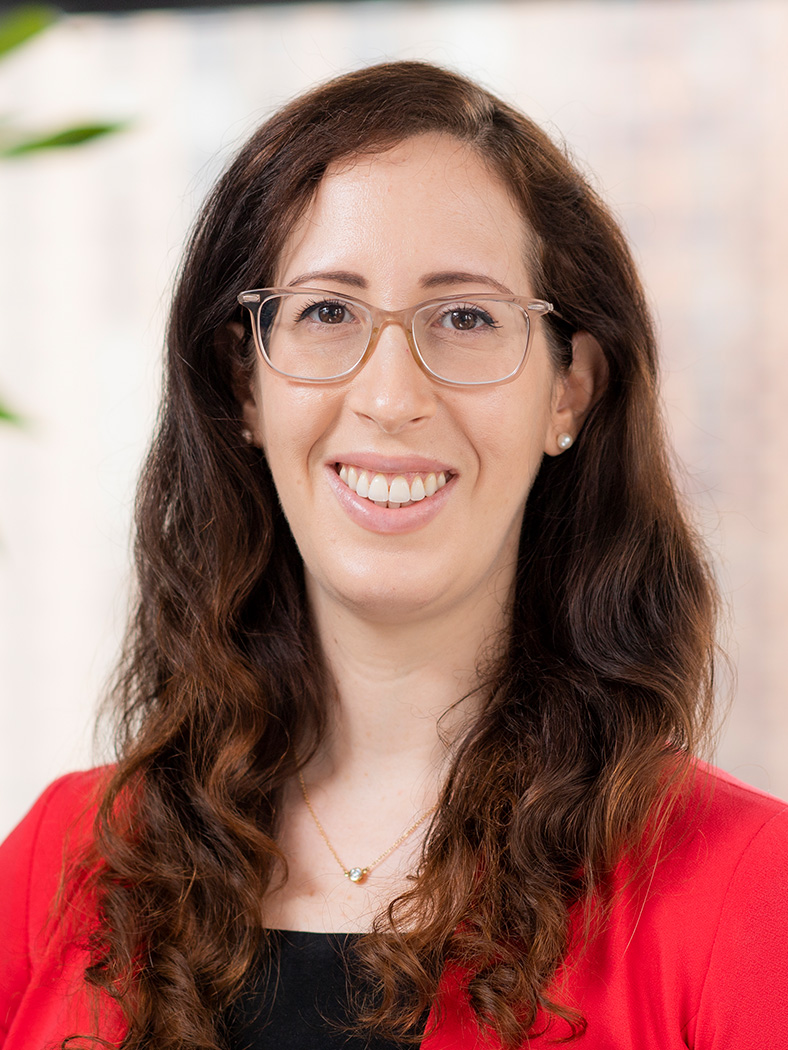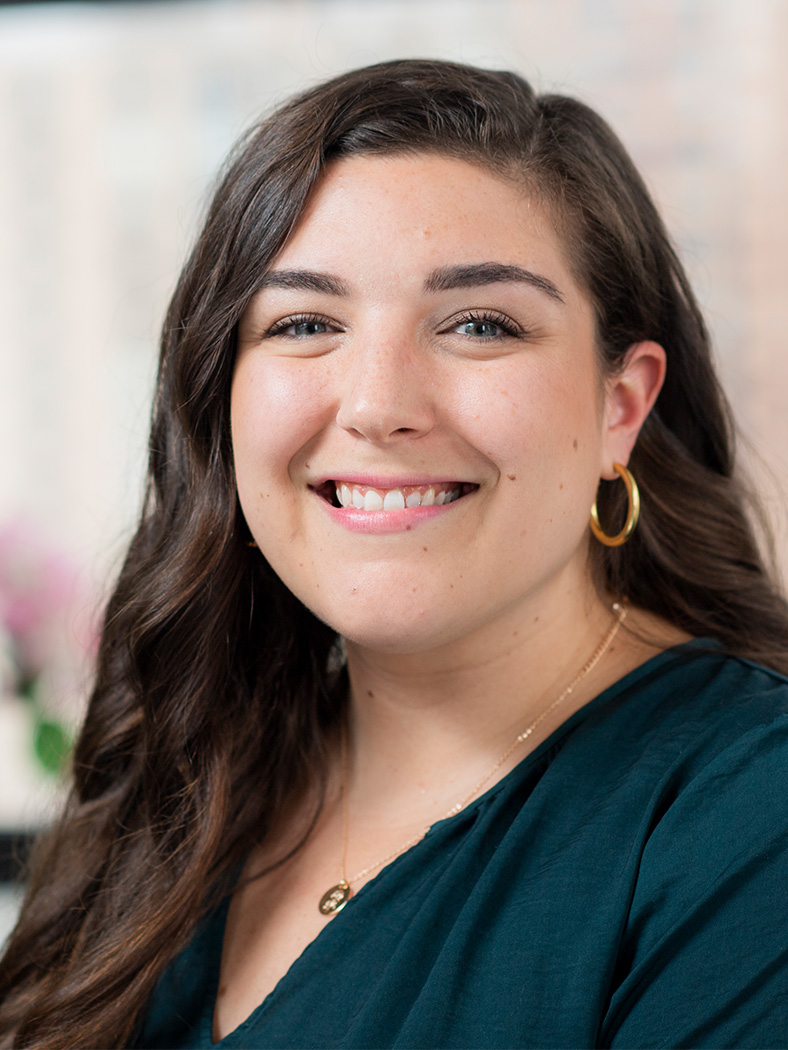For Any Cancer Diagnosis
- Q.
My parents are visiting me from India since February 2020. Recently, last month my mother was diagnosed with an early stage cancer. Due to the COVID-19 situation, my parents are unable to go back to India for the surgery. The oncologist here has advised us to opt for the surgery within six weeks (since mid-March). We are unable to bear a high surgery cost. I would like to know if you can help us financially.
A.I’m so sorry to hear about your mother’s diagnosis. CancerCare offers financial assistance in the form of a small grant that can go towards the cost of transportation, home care, child care, food, and living expenses for anyone affected by COVID-19. Unfortunately, it will not not cover the full cost of your mother’s treatment, so I would recommend getting her health insurance in the U.S. if she doesn’t already have it and speaking with a hospital social worker to see if they can assist you in that process. You can also ask to speak with someone in the hospital’s finance department and inquire about the possibility of a sliding scale or payment plan. Finally, you may call us at 800-813-4673 to speak with an oncology social worker who can search for possible additional resources.
- Q.
My 22-year-old son had cancer in September 2019 and had most of his right lung removed. He doesn't seem to think he is high risk for COVID-19. He is still spending time with friends but only a few at a time. As his mom, who has metastatic breast cancer and is currently on immunotherapy, I am very afraid for him and for me. Any suggestions on how I can make him understand how serious this is?
A.I’m sorry to hear about what your son had to go through last year and what you’re having to go through now. I would recommend speaking with your son’s doctor and perhaps scheduling a consult over the phone or video chat for you and your son to attend together so his doctor can explain to him what his risk is and what precautions he should take to minimize that risk during the pandemic. In addition or instead, perhaps he could attend an appointment with you and your oncologist so your doctor can explain how a COVID-19 diagnosis might affect you and the increased risk your son is putting you at by not following social distancing precautions. Your health and your son’s health are important and precautions should be taken to protect you both during this pandemic. I wish you both all the best and hope you stay safe. If you’d like to speak about this topic further we do offer individual counseling over the phone with an oncology social worker. Please give us a call at 800-813-4673 to learn more about our emotional support services.
You may also find helpful information in our Connect Education Workshops about COVID-19:
- Q.
I have a friend with a recent diagnosis of cancer. She works in Michigan in a hospital as a phlebotomist, and she's still working. I am looking for assistance/programs/information about what she can do to stop working while the COVID-19 pandemic is in full effect. Any guidance is appreciated.
A.I’m sorry to hear about your friend’s situation. I would recommend that she speak with her medical team to better understand the risks that COVID-19 might pose for her, and to better understand what precautions she should take if she continues to work. If she stops working, she can apply for unemployment benefits online through the government and can apply to receive financial assistance from some cancer organizations which I’ll provide contact information for below:
- CancerCare COVID-19 Grant: 800-813-4673
- PAN Foundation COVID-19 Grant: 866-316-7263
If you or she have any further questions, please do not hesitate to give us a call at 800-813-4673 to speak with an oncology social worker directly for additional resources and support.
- Q.
My mom was diagnosed with cancer in December 2018. They did surgery and removed the cancer, but it unfortunately returned through brain tumors. She has had chemo, whole brain radiation, targeted radiation to try and combat the tumors. The effects of the tumors have gotten worse. Is there any help out there for her to assist with the daily tasks that she needs? Due to COVID-19, I am working from home so I am able to come by and help her out daily and work from her house. Any assistance that you could provide or direction would be very useful.
A.It can be difficult to be the primary caregiver for a loved one with advanced cancer and there are many steps you can take to ensure that she has adequate support.
The first thing to consider is the state in which you live and your mother’s health insurance policy. Benefits, resources and coverage can vary state to state, so it’s important to take that into consideration before you being your search for a caregiver. Secondly, do you know if your mother qualifies for palliative and/or hospice care? To explain a bit further, hospice care is a service intended to provide support for those who are nearing the end of their life. In many states, patients are usually referred to hospice care when treatment is no longer an option. Palliative care strives to improve quality of life for those with advanced illness. They may be able to help manage pain and side effects in a different way than her oncologist. In most cases, hospice care is available to those who have stopped treatment due to the severity of their diagnosis. Some of these services are covered by insurance, but it does depend. Read more in our fact sheet “Palliative Care: What You Need to Know”.
Unfortunately, many patients that are in need of caregivers usually have to pay for this service out of pocket. Many of these services that help with household chores and daily tasks (feeding, dressing, bathing, etc.) are usually private pay, meaning that you would need to hire someone to come into the home to help. CancerCare has a small financial assistance program that can help towards home care needs. If you are interested in applying on behalf of your mother, please call our Hopeline (800-813-4673) to speak with an oncology social worker. We also understand the stress that comes along with the role of a primary caregiver. If you are interested in receiving additional emotional support, you can speak to an oncology social worker to find out if our short-term counseling is the right fit for you.
- Q.
I was diagnosed with cancer three years ago and am still taking treatments. I have been working from home since March 22 because of COVID-19. Now my work is start to open again and this concerns me. I was wondering if the Family First Act will give me more time for paid FMLA (Family and Medical Leave Act)?
A.According to the U.S. Department of Labor, “the Families First Coronavirus Response Act (FFCRA or Act) requires certain employers to provide employees with paid sick leave or expanded family and medical leave for specified reasons related to COVID-19”. Depending on what state you live in and the re-opening guidelines set by your state governor, you may be eligible for additional paid leave.
However, the first step would be to contact your human resources representative to explore your current options. If you are considered to be immunocompromised due to the treatment you are receiving, you may be able to continue to telework instead of taking paid leave. Speaking with your human resource department would allow you to request reasonable accommodations, as described in the Americans with Disabilities Act (ADA). Reasonable accommodations may include an extended time period in which you are able to work from home to reduce your risk of exposure to COVID-19.
Although there is not one direct answer to your question, I strongly suggest you advocate for yourself to your human resource department in order to find out what option may be best for you. If you have additional questions or would like to speak to an oncology social worker, please call our Hopeline at 800-813-4673.
- Q.
Can I still see the doctor during COVID-19 for checkups because I am showing all the symptoms for cancer and I’m in pain?
A.The short answer is yes, but the longer answer depends on where you live and what the current guidelines are that have been set by your state governor. The Center for Disease Control (CDC) has recommended to use telemedicine when possible, as in, schedule an appointment with your primary care physician through a video platform. Many doctors are now utilizing secure video platforms to see their patients and complete assessments.
If you can, reach out to your primary care physician to see if an appointment is available either in person or over video. From there, they can provide referrals for further testing if necessary. If you do not have a primary care physician, you can reach out to your insurance provider to for a referral for a physician in your area covered by your insurance plan.
- Q.
A friend's wife has stage 3 colon cancer. Being a teacher, she lost her job and husband is being laid off in two weeks (both are do to the pandemic). How can we get finance assistance so we can make ends meet?
A.COVID-19 has had such an immense impact on jobs, and I can understand how difficult this may be as your wife continues through cancer treatment. I would definitely encourage you to call our Hopeline (800-813-4673) to speak to one of our oncology social workers about potential financial assistance options through our organization. Some hospitals or treatment centers may have different patient payment plans to help offset some of these cancer treatment related costs, a social worker or financial counselor may be able to provide more information. There are also organizations that provide small financial assistance grants that may help to alleviate some overall costs. Our social workers also can explore additional resources for financial assistance. Some organizations may have specific funding for those impacted by COVID-19 such as:
- Colorectal Cancer Alliance - COVID-19 Crisis Financial Assistance Fund
- Team Rubicon COVID-19 Food Assistance Program
- Family Reach COVID-19 Emergency Fund
It may also be helpful to look into either short-term benefits or unemployment benefits if possible.
- Q.
I’m a nurse who lost my job due to COVID-19 and was just diagnosed with cancer without insurance. I’m kind lost because most cancer hospital do not take people without insurance.
A.Unfortunately, being uninsured, underinsured, or finding health insurance can be extremely difficult as one proceeds with cancer treatment. I can understand many mixed emotions when diagnosed as well as continuing through several hardships and obstacles that may arise. Please know you are not alone, and there may be several options to explore.
CancerCare offers limited financial assistance for cancer-related costs such as transportation and child care, and our oncology social workers can help you find resources. CancerCare also now provides free national Resource Navigation Services to patients, post-treatment survivors and caregivers affected by cancer. We offer a short-term, strengths-based approach to resource navigation where the social worker will work with the client in connecting them to resources, referrals and financial assistance.
Depending where you live, there may be state options to access medical insurance coverage. Triage Cancer is an extremely helpful resource in navigating health insurance concerns. Additionally, I would recommend taking look at the Healthcare Marketplace. I am also wondering if there are any short-term benefits or unemployment benefits that you may be eligible for.
- Q.
I'm concerned about taking my mother to her radiation treatments due to COVID-19. Are there guidelines or rules available that would help me make sure she's safe?
A.We know that cancer patients and survivors are more vulnerable to COVID-19. However, being in active treatment and navigating this pandemic can feel especially difficult. Be sure to discuss with her treatment team the safety precautions they are taking. If possible, prior to the radiation appointment, request a telemedicine meeting and ask questions such as:
- Can we wait in the car until the team is ready for her?
- Are visitors being allowed at this time?
- Can she wear her mask during radiation?
Here is a link to our factsheet regarding speaking with your treatment team. Perhaps, this will also help clarify some additional questions you may have.
“Questions to Ask Your Health Care Team About the Coronavirus and COVID-19”Cancer centers are doing their best to ensure safety and continuity in treatment. Many are enacting social distancing markers, health screenings, frequent cleanings, and more. However, you are not alone in this concern. We are hearing from patients and caregivers how stressful it is to navigate not only a cancer diagnosis but also this unprecedented time. Increased feelings of anxiety and fear are normal. Feel free to reach out to our national hotline (800-813-4673) to see if any of our other services are of interest to you. Our social workers are happy to explore additional resources. We provide limited financial assistance that can help with treatment-related cost. Applying for this program could help with the cost of taking her to treatment and reducing any use of public transportation.

 Answered by
Answered by  Answered by
Answered by  Answered by
Answered by  Answered by
Answered by